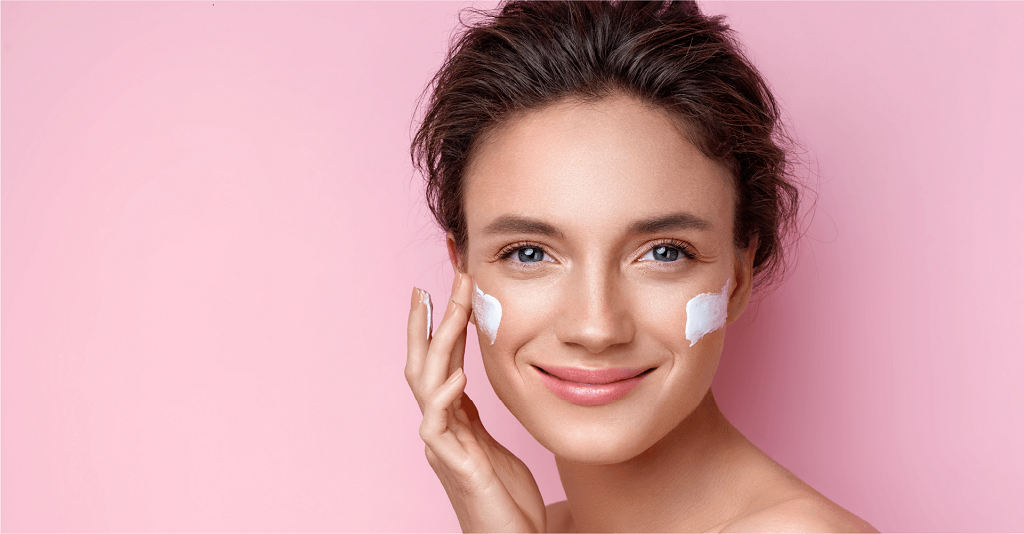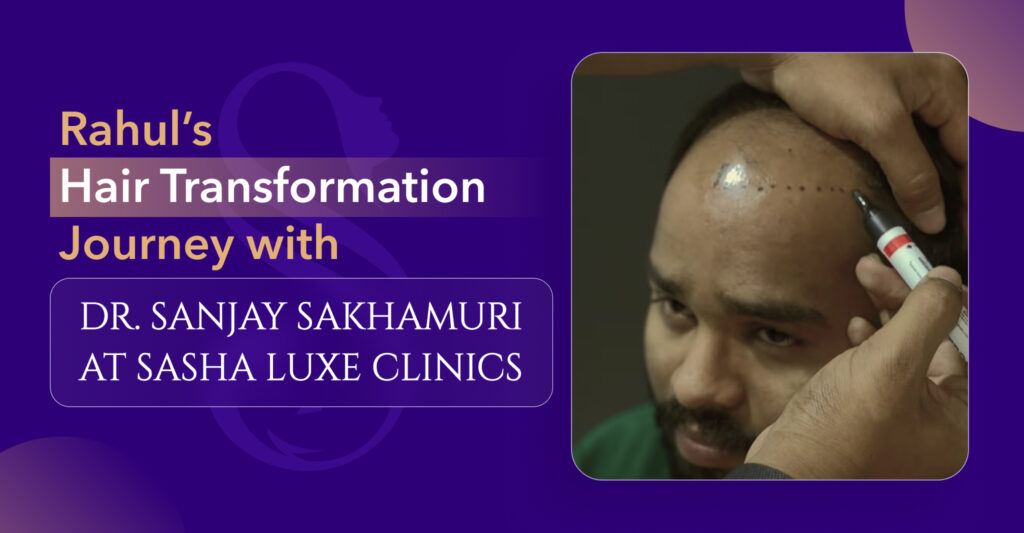Your sunscreen moisturizer serve a vital purpose in your skin care regimen. The moisturizer stops your skin from losing hydrated, and the sunscreen covers you from the sun’s damaging rays. So, for each product to work correctly, you should not mix them or use one after the other.
Moisturizers and sunscreen are two essential skincare products that play different but equally important roles in maintaining healthy skin. Let’s explore their benefits and differences:
What is a moisturizer?
Moisturizers are skin care treatments that keep the skin hydrated by avoiding water loss. They contain humectants, emollients, and occlusives, which trap moisture in the skin. Moisturizers come in various forms, including creams, lotions, gels, and oils.
Benefits of Moisturizer:
Hydration: Moisturizers help to hydrate the skin by replenishing and retaining moisture. They contain ingredients like humectants, emollients, and occlusives, which attract water, soothe the skin, and prevent water loss.
Skin Barrier Protection: A well-hydrated skin barrier protects against external irritants, pollutants, and allergens. Moisturizers strengthen the skin’s natural barrier function, promoting healthy skin and preventing dryness, flakiness, and irritation.
Nourishment: Some moisturizers contain beneficial ingredients like vitamins, antioxidants, and botanical extracts, which provide additional nourishment to the skin, improve its texture, and reduce the signs of aging.
Enhances Skin Health: Regularly using a moisturizer helps maintain the skin’s natural balance, keeping it soft, supple, and healthy-looking. It can also alleviate common skin concerns such as redness, itchiness, and sensitivity.
Moisturizer for the face:
Choosing the appropriate moisturizer for your face is essential for good skin. If you have dry skin, look for a moisturizer with hydrating elements like hyaluronic acid or glycerin. Choose a lightweight, oil-free moisturizer that won’t clog your pores if you have oily skin. If you have sensitive skin, try a moisturizer designed specifically for it.
What is sunscreen?
Sunscreen is a skincare product that shields the skin from the sun’s ultraviolet (UV) rays. UV radiation can cause skin damage, accelerated aging, and even skin cancer. Sunscreen moisturizer prevents UV radiation from reaching the skin by absorbing or reflecting it. They come in various forms, including lotions, creams, sprays, and gels.
Benefits of Sunscreen:
Protection against UV Rays: Sunscreen protects the skin from harmful ultraviolet (UV) rays, primarily UVA and UVB. These rays can cause sunburn, premature aging, wrinkles, and dark spots and even enhance the risk of skin cancer.
Broad-Spectrum Coverage: Good sunscreen offers broad-spectrum protection, shielding the skin from UVA and UVB rays. UVA rays penetrate deeply and contribute to skin aging, while UVB rays primarily cause sunburn.
SPF Rating: Sunscreens are labeled with a Sun Protection Factor (SPF) rating, which indicates their effectiveness in blocking UVB rays. Higher SPF values provide more protection. SPF 30 is the best sunscreen moisturizer with dermatologist recommendations, but SPF 50 or higher is often recommended for extended sun exposure.
Daily Use: Sunscreen should be applied daily, regardless of the weather or season, as UV rays can penetrate through clouds and windows. It should be generously applied to all exposed areas, including the face, neck, ears, and hands.
Anti-Aging Benefits: Sunscreen helps prevent photoaging, which includes wrinkles, fine lines, dryness, and age spots caused by sun damage. By shielding the skin from UV rays, it preserves its youthful appearance and maintains overall skin health.
Sunscreen for the face: Using a face moisturizer with sunscreen is a convenient way to combine hydration and sun protection in a single step. Because the skin on the face is more sensitive than the skin on the body, it is critical to use sunscreen explicitly formulated for the face. To avoid clogging pores, look for a high-protection sunscreen with an SPF of at least 50 PA++++ that is oil-free and non-comedogenic. Choose a matte finish sunscreen with niacinamide and UV absorption heroes if you have sensitive or acne-prone skin. Similarly, if you have dry skin, opt for Foxtale’s rich dewy sunscreen.
Differences:
Function: Moisturizer primarily focuses on hydrating and nourishing the skin, while sunscreen mainly protects the skin from UV rays.
Ingredients: Moisturizers contain hydrating and skin-conditioning ingredients like hyaluronic acid, glycerin, and ceramides. Sunscreens carry active ingredients like zinc oxide or titanium dioxide, which physically block chemical filters that absorb UV rays.
Usage: Moisturizer is typically used daily to maintain hydration and support overall skin health. Sunscreen is used specifically when sun exposure is expected, such as during outdoor activities or when spending time under the sun.
Takeaways For Applying Sunscreen And Moisturiser:
Using sunscreen with moisturizer is a great option for individuals with dry skin. It allows you to combine the benefits of hydration and sun protection in a single product.
Here are a few critical points to remember while combining these two skincare essentials:
- After applying moisturizer, apply mineral sunscreen. Wear SPF 30 or higher sunscreen over your moisturizer for adequate sun protection.
- You must wait around a minute between applying moisturizer and sunscreen.
- You should use sunscreen even if your cosmetics contain SPF. Wear sunblock over your makeup at all times. Sunscreen will provide you with more covering and protection.
- Sunscreen should be applied at the conclusion of your normal skincare routine.
- Wear sunscreen daily (and reapply it every two hours if you’re outside).
Conclusion:
In conclusion, moisturizers and sunscreen serve different purposes but are equally important for maintaining healthy skin. The moisturizer keeps the skin hydrated, nourished, and protected, while sunscreen shields the skin from harmful UV rays. For optimal skin care, using a moisturizer daily and applying sunscreen when sun exposure is recommended.
So, if you have extremely dry skin, you might still want to incorporate a separate moisturizer into your skincare routine. Consulting with a dermatologist or skincare professional can also provide personalized recommendations based on your specific skin concerns and needs. If you are searching for the best skin care clinic in Hyderabad, visit us at Sasha Luxe.













